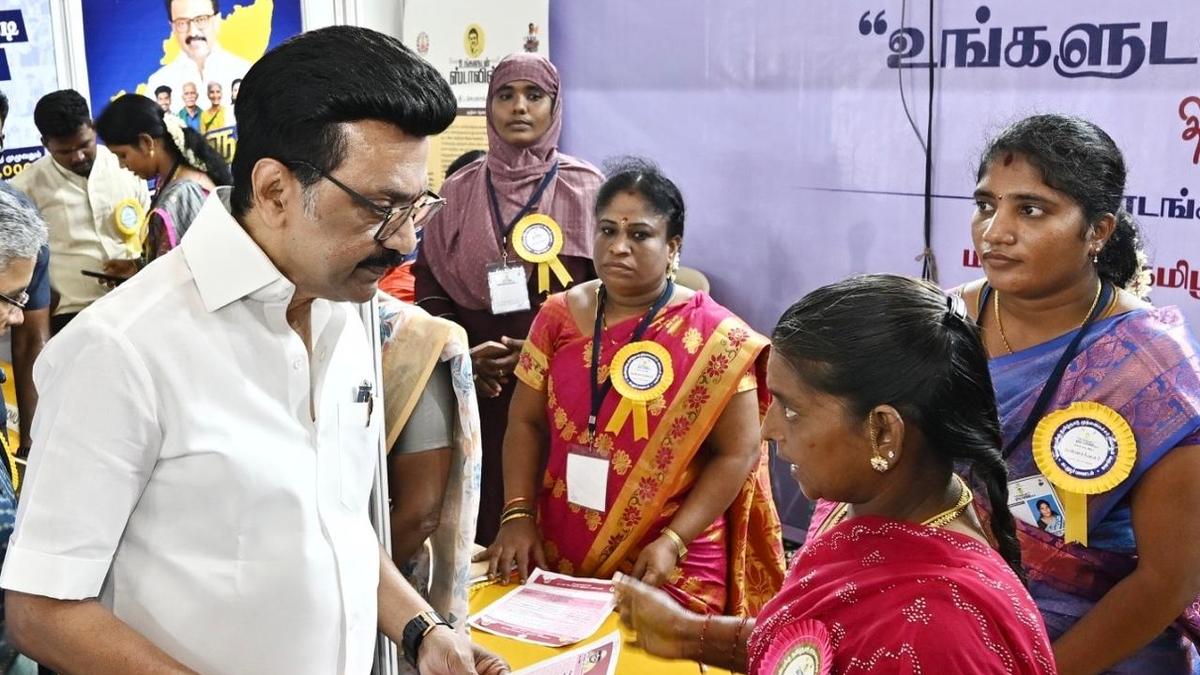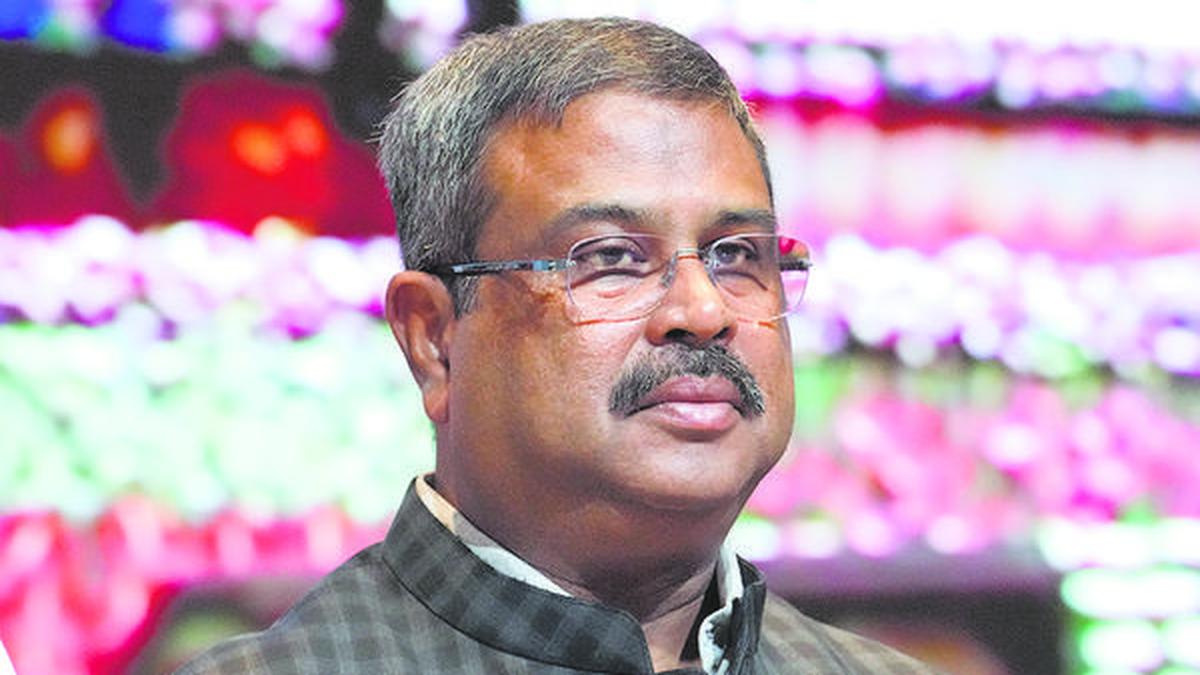Now Reading: CM Stalin Launches Statewide ‘Ungaludan Stalin’ Initiative in Tamil Nadu
-
01
CM Stalin Launches Statewide ‘Ungaludan Stalin’ Initiative in Tamil Nadu
CM Stalin Launches Statewide ‘Ungaludan Stalin’ Initiative in Tamil Nadu

Swift Summary:
- Tamil nadu Chief Minister M.K. Stalin launched the State-wide initiative ungaludan Stalin (Stalin with you) in Chidambaram, Cuddalore district on July 15, 2025.
- The programme aims at doorstep delivery of 46 goverment services across rural and urban areas through 10,000 special camps.
- Trained volunteers will visit households to inform people about service availability, eligibility criteria, and required documents; medical services will also be provided at these camps.
- Women left out of the kalaignar Magalir Urimai Thogai scheme can submit applications at these camps.
- Mr. Stalin inaugurated a memorial hall and statue for Elayaperumal, a Dalit leader whose contributions laid the foundation for SC/ST rights laws like the Prevention of Atrocities Act.
- The government has removed caste markers from official hostels and renamed them “social justice Hostels,” alongside erasing “colony” references that denote untouchability from records.
- A ₹75 crore non-leather footwear manufacturing unit was announced in kodukkanpalayam, providing employment for approximately 12,000 women.
Indian Opinion Analysis:
The launch of Ungaludan Stalin reflects Tamil Nadu’s proactive approach in improving access to public services while addressing systemic inequities affecting marginalized communities. By integrating memorialization efforts like honoring Elayaperumal with policy changes such as renaming hostels and removing discriminative labels from official terminology, the initiatives signal multi-dimensional efforts toward social justice. Tho impactful these measures might be symbolically or tangibly-their success hinges significantly on execution efficiency via grassroots outreach.
The establishment of a footwear manufacturing unit emphasizes economic growth tied directly to women’s employability in local contexts-a critical step towards empowering communities through strategic investments. As Tamil Nadu continues promoting inclusivity-driven agendas under its “Dravidian model,” monitoring long-term outcomes will remain essential to ensure sustainable progress for vulnerable populations.
Read more: Link




















